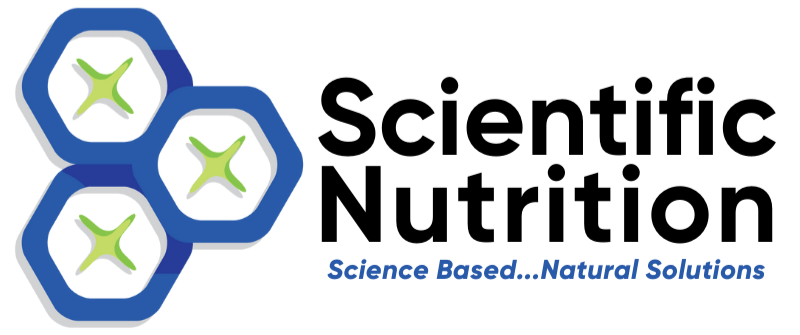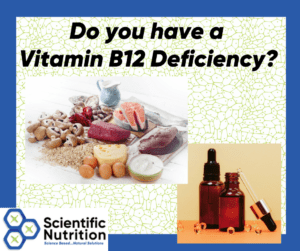Why Buy Organic Versus Non-Organic Produce?
Fruits and vegetables are staple parts of any diet, and it can be difficult to determine which type is the better option to include health-wise and financially. In the modern world, there is a large difference between the organic and commercially grown options when it comes to their nutritional value and exposure to harmful pesticides and insecticides.
Organic fruits and vegetables are typically more expensive than their commercially grown counterparts, however, they also have a number of benefits that make them a wise investment. Organic fruits and vegetables have higher nutritional value, as they are not exposed to chemical fertilizers and pesticides. You will not be eating huge amounts of toxins anymore!
These chemicals can rob the soil of essential minerals and micronutrients, leaving the recipients of that food nutritionally depleted. Additionally, exposure to chemicals over time can build up in our bodies and create a toxic environment, diminishing our body’s ability to detoxify. These toxins can kill your beneficial gut bacteria or microbiome.
Though the use of pesticides and insecticides may mean fewer insect-related issues and longer shelf life for commercial produce, it can also come with serious health risks — particularly cancer. Studies suggest that long-term exposure to pesticides and insecticides contributes to cancer and other health issues. So, depending on your budget, buying organic produce is the healthier option.
Glyphosate (Roundup) was originally patented as an antibiotic
It’s true. It has many undesirable attributes including cancer, an insecticide, and weed killer. It can be used as a mineral deposit descaler to clean out mineral deposits from pipes and boilers. Please don’t eat this poison in your food!
Which toxins are in non-organic produce?
The Environmental Working Group shares a dirty dozen list annually of foods containing the highest amounts of pesticides as well as the 15 lowest in pesticide contamination. Among the worst are apples, strawberries, spinach, nectarines, and peaches. Some contain at least 2 different pesticides, many of which that are illegal in other countries. The top dirty contenders of conventional foods include Collard and mustard greens, peppers (hot and bell) as well as cherries. A few of the clean fifteen foods include avocados, cabbage, pineapple, and onions.
They have found that of 46 different foods, roughly 75% of non-organic fruits and vegetables contain organophosphates that can cause damage to the human nervous system and cancer. This includes foods such as green beans, kale, and blueberries!
Hormones in my produce?
Other dangers include hormones that can disrupt the normal development of children, antibiotics, and synthetic additives. Phytoestrogens may cause early puberty in girls, cause insulin resistance, shift the testosterone balance in boys, or even feed estrogen-fed cancers. These can be found in dairy products, soy, and even wheat.
Organic foods are also fresher with NO preservatives that may cause allergic reactions or behavioral issues for many.
What are the biggest benefits of eating organic foods?
We’ve become nutritionally depleted diminishing our body’s ability to detoxify. The best way to know what you are deficient in is to do a Hair Mineral Analysis to begin a tailored diet with targeted supplements to rebuild. When I work with clients I help them with multiple detoxification methods. This gently removes past exposure daily while stopping the inflow of contaminants.
If we eat a large variety of vegetables we can cut down on sugar while getting the same benefits of eating fruits. The food choices are either helping to rebuild our body and wellness or will be causing illness later. You can greatly improve your health by:
- Basing your diet on a selection of nutrient-rich vegetables
- Cutting down the intake of sugar (natural fruit sugar too)
- Eliminating processed foods
One great benefit is the wonderful forms of soluble and insoluble fiber you will be eating to feed your gut bacteria population. Another is the variety of antioxidants you will be eating to remove oxidative stress known as free radicals. This eliminates dead cells containing unused nutrients that cancers may grow on for fuel.
Animals that are fed and raised on organic food sources are:
- NOT given other animal byproducts
- NOT given growth hormones that transfer into your body
- NOT given antibiotics that kill your good gut bacteria
Can organic produce be GMO (Genetically Modified Organism)?
Choosing organic, non-GMO is always best to get the cleanest and most nutritionally dense foods for your money. Although you will pay about 47% it is much more costly to detoxify the commercial food residues and care for the diseases. It will work toward your long-term health by feeding your cells (storage) the nutrients and helping escort toxins out if you ingest new ones.
GMO foods are altered with the plant’s cells genetically. The mutation may make it more bug-resistant because toxins such as glyphosate are within the plant itself. When the bug bites it, the stomach explodes and the bug dies. It makes you think, why are we eating it then?
Hair Analysis and Organic Food
For long-term health benefits, it is helpful to know where you are deficient so you can change your food choices. We can do this through a Hair Mineral Analysis. It will help us to create a tailored diet with targeted supplements, ensuring you are rebuilding your body’s nutritional stores. If you have a history of exposure to toxins, it is important to find a way to detoxify your body regularly, preventing further contaminants over time.
At the end of the day, the right choice for you will depend on your own financial and health priorities. By taking into consideration the long-term benefits to your nutrition and toxicity levels, organic produce is usually the best choice. That said, feed your wellness instead of your future illness.
LET’S CHAT about your health goals!
Would you know if you were malnourished at the cellular level? Learn how to find the right diet and detox for you.
Copyright Scientific Nutrition, LLC 2023




